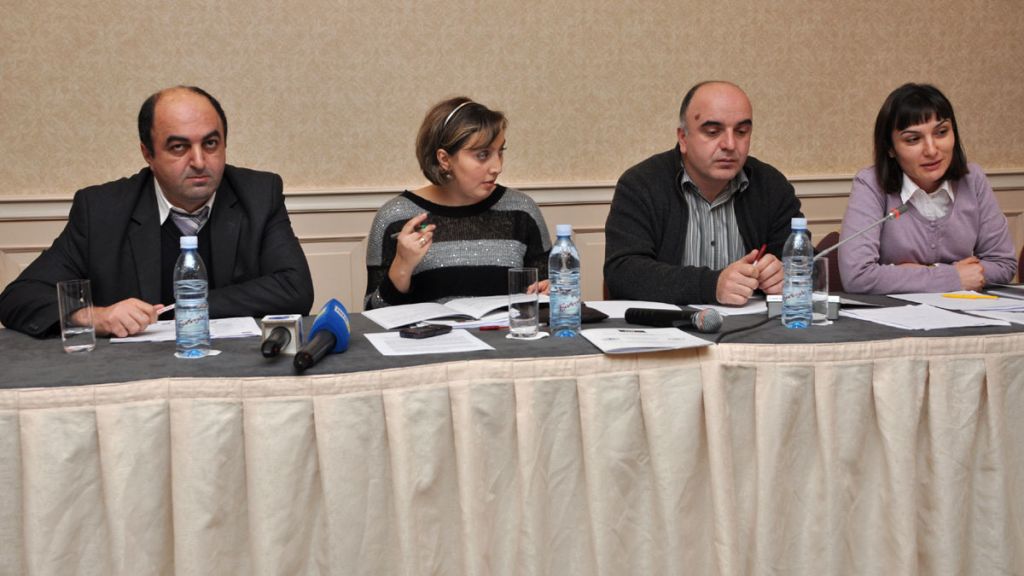According to the report, high-profile defenders working in the capital (Tbilisi) enjoy more protection because they have access to a diverse media climate and international networks. In regions outside of Tbilisi, HRDs continue to experience harassment and violations of their human rights. These violations remain underreported. In addition, the authorities’ responses to human rights violations are often inadequate. The absence of proper investigations speaks to the government’s disinterest in upholding the rule of law, particularly when it perceives that it might stand to lose from it.
Human rights lawyers, investigative reporters and defenders of minority rights have identified specific constraints that limited their advocacy during 2011-2012. Human rights lawyers continue to face serious problems working in a court system controlled by an executive branch that is generally uninterested in responding to human rights violations. Investigative reporters, primarily those who work in the regions outside the capital, have been harassed and threatened.
The report is followed by concrete recommendations to national and international bodies. South Caucasus Network of Human Rights Defenders hopes leaders of new government of Georgia will closely cooperate with nongovernmental organizations and consider their recommendations including the recommendations listed in the report.
The South Caucasus Network of Human Rights Defenders unites 30 human rights NGOs in Armenia, Azerbaijan and Georgia. The Network seeks to facilitate creation of a safer and enabling environment for human rights defenders in the South Caucasus and to strengthen their voices in the region and internationally. The establishment of the Network was supported by the EIDHR program.
Please see full report.
Documents:
- report on human rights defenders in Georgia
Human rights defenders in Georgia reported several problems from January 2011 to October 2012. HRDs were attacked, threatened, and harassed.





